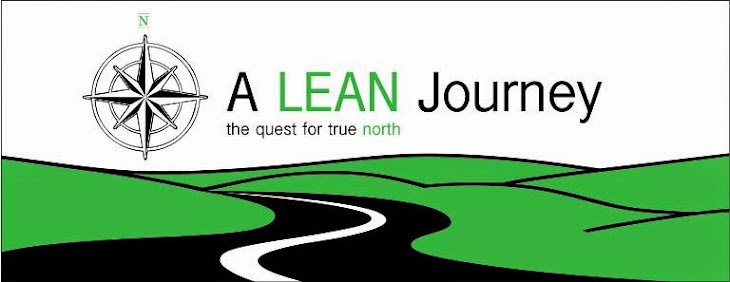Despite our best intentions, recognition can go wrong. And when it goes wrong, it can lead to far more problems for an organization than having no recognition at all. Recognition problems can result in decreased morale, lowered performance, customer service problems. and a decline in profitability.
Here’s a review of the most common recognition makes that are made in organizations:
The rush to recognition. It is absolutely essential for organizations to have a systematic plan for recognition. More than a few companies that have rushed to get an initiative rolled out have neglected important components for an effective recognition program.
Rewards that aren’t rewarding. Some awards given in a recognition or incentive program create more problems than they fix. Deciding what employees value with checking with them is a sure way to increase your risk of missing the motivational mark.
One size doesn’t fit all. Another basic mistake people make is to provide the exact same recognition or reward to every employee out of a false sense of fairness. Few things are as unfair as the equal treatment of unequals.
Loss of freshness and relevance. You can’t expect a recognition program or activity to remain effective forever. Even the best programs need to be reevaluated and renewed from time to time.
Confusing priorities and alignment. It is amazing how many organizations send confusing and conflicting messages in their recognition practices and systems. When performance expectations are unclear, employees waste a tremendous amount of human energy trying to figure out what is really expected.
Subjective recognition. Subjective recognition is uneven at best, and wrong and unfair at its worst. This can be avoided by using carefully defined, objective criteria. Checklists can help identify behaviors and results that are worthy of recognition.
Entitlement recognition. When recgonition is done just to be nice it comes to be expected, leading to a culture of entitlement. Too much recognition is almost as bad as too little recognition. Recognition should be viewed as a valuable organizational resource and should be used as such.
Recognition take-aways. When a recognition program ends, which most eventually do, employees commonly feel deprived. The result can be a decline in morale and performance.
Inappropriate recognition. Sometimes recognition is too small or too large. It is very important to differentiate recognition from rewards. Recognition is positive reinforcement for something well done. A reward is something tangible that often accompanies recognition.
Zero-sum recognition. Zero-sum games are those in which in order for somebody to win, somebody else must lose. This might make sense in competitive sports and games, but doesn’t make sense in a collaborative workplace. There needn’t be any losers.
Untimely recognition. Delay is the enemy of recognition. Don’t let your recognition submittal and approval process stand let you miss an opportunity to recognize your employees.
Don’t make these mistakes in your recognition system. Employee Recognition might seem to be a tedious process to follow, but it surely is an essential and important one for every organization and helps you achieve your goals for the long term. Having a sound employee recognition system in place will not help you retain highly engaged and motivated employees.
![]()
![]()
![]()
![]()
![]()
![]()
![]()
 A Lean Journey
A Lean Journey 





Leave a Comment
Your email address will not be published. Required fields are marked with *